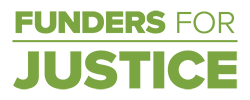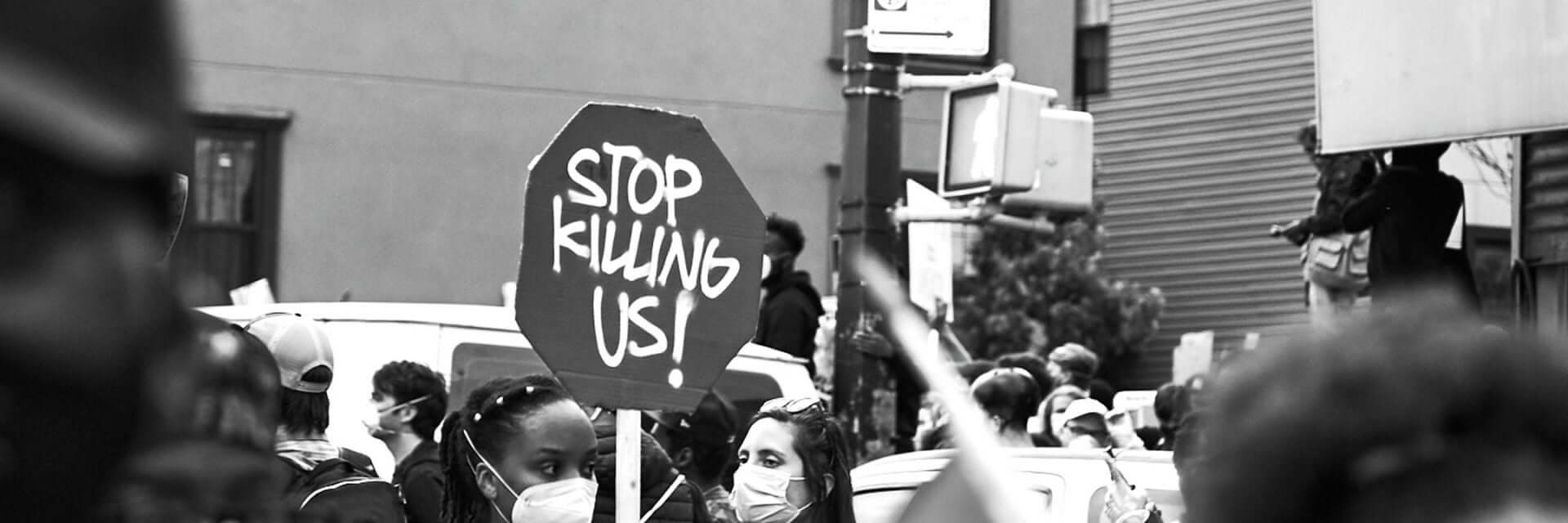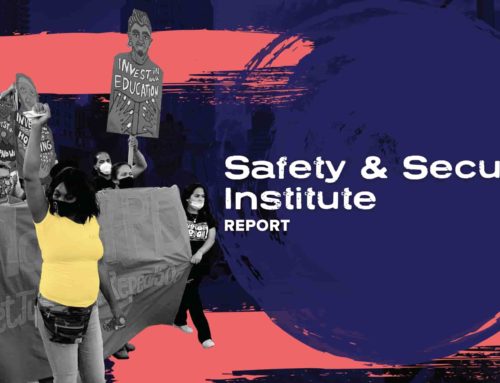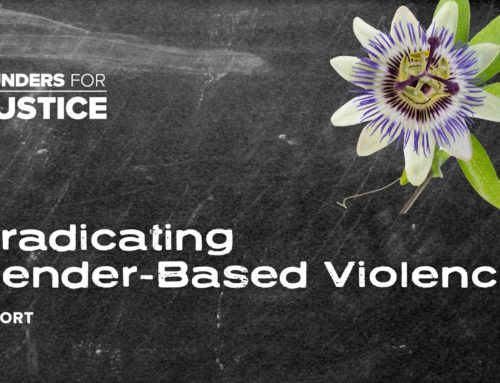A well-known movement quote is, “They tried to bury us, but they didn’t know we were seeds.” Nearly six years ago, we were transformed in Ferguson as thousands took to the streets to protest the killing of Mike Brown. Our lives were forever changed and a movement was born to transform our communities. If we were the seeds, then this moment is the harvest.
Millions of people are demonstrating across the globe to demand a better world where Black lives matter and we put an end to police violence. Like the confederate monuments and symbols of white supremacy that our communities are tearing down, it is time to replace this country’s outdated institutions that uphold racism and anti-Blackness.
It’s time to build new systems that uplift the rights and dignity of Black communities. Before we can make progress to establish new institutions, we must defund the police to release urgently-needed community resources to realize real public safety.
Why #DefundThePolice? Contrary to conventional wisdom, our call to defund the police is a call for public safety, justice and accountability.
The call comes in response to the police killings of George Floyd, Breonna Taylor and Tony McDade, and the countless more lives lost. The police are responsible for the death of hundreds of Black people each year through excessive use of force and many more fall ill, die or commit suicide while in custody. They cause harm with impunity, and decades of reforms, investigations and commissions have been unable to change this fact.
If we were the seeds, then this moment is the harvest.
We are crystal clear in our demand to defund the police, rooted in a bold and unflinching vision for community safety. We call for investing resources in public institutions – like healthcare and schools – which we collectively depend on to survive. The COVID-19 pandemic has exposed how much we need these institutions.
In our vision, we will shift funds toward healthcare, housing, education, mental healthcare and to support a living wage economy. Together, these strengthened institutions will make individuals safer, and communities thrive. This Divest/Invest strategy is a pillar of The Movement for Black Lives’ Vision for Black Lives. We want to put our money where our values are.
This past weekend, the Minneapolis City Council voted for such a divestment. It has become clear that we are on the brink of making important changes, and some people are getting nervous. They wonder if change is happening too fast, or going too far. They second guess, they doubt, they fear the things they have not imagined, or cannot predict. They run back into the comfort of moderate, incomplete reforms.
This is a mistake.
The path ahead may feel daunting, but it is not unknown. Our communities have always engaged in mutual aid to protect each other in the face of national neglect, occupation by local and national law enforcement, and everyday police violence. These efforts have scaled exponentially in the face of the federal government’s failure to protect Black life during the pandemic.
We feed and clothe each other, handle medical emergencies, reclaim empty housing for our unhoused neighbors and talk to each other about safety. We know what we need, and we keep us safe.
This week, House Democrats introduced a policing bill that undermines our growing global call for real public safety. Many departments already have use-of-force guidelines in place, including some or nearly all of the regulations being addressed by the current House bill. These regulations have not prevented killings or other violence by the police.
Eric Garner was killed by a chokehold, the use of which the NYPD banned in 1993. Minneapolis also had many of these regulations in place and yet George Floyd is still dead. San Francisco implemented all of the regulations under discussion but still received an F on a related scorecard on police use of force. We have enough evidence to know that regulations alone do not stop police from killing us.
Some people will ask, but what about the real criminals? And violent crime?
Often this question serves as a red herring. The current system operates as though there is only one solution for all crime: arrest people, and incarcerate them. This is insufficient and ineffective. We are calling for something different.
For Black communities, who are often criminalized for simply existing in public space, this carceral approach has been devastating and deadly. We need community solutions that focus on prevention and address the root causes of crime. As Dr. Ruth Wilson Gilmore says, abolition is about presence, it is “a theory of change, it’s a theory of social life. It’s about making things.” It is about replacing unjust systems with ones that support us. It is about ensuring that we resolve inequalities and people have what they need, before they harm each other.
The current system operates as though there is only one solution for all crime: arrest people, and incarcerate them. This is insufficient and ineffective. We are calling for something different.
Now is the time to reap the harvest of our decades of painstaking organizing and community-anchored leadership that brought us to this groundswell. This is the moment to go forth, humbly and nimbly, into new visions of justice. This is not a moment to back down.
How do we actually defund the police? Follow the money, and ask a lot of questions.
Determine how much of your city, county and state budgets are spent on the police. Uncover other sources of law enforcement funds including from the federal government and private donations and grants. Pay attention to the past several years of funding—we must have a long memory. A year or two of reinvestment can’t account for generations of institutional funding directed to an unjust system.
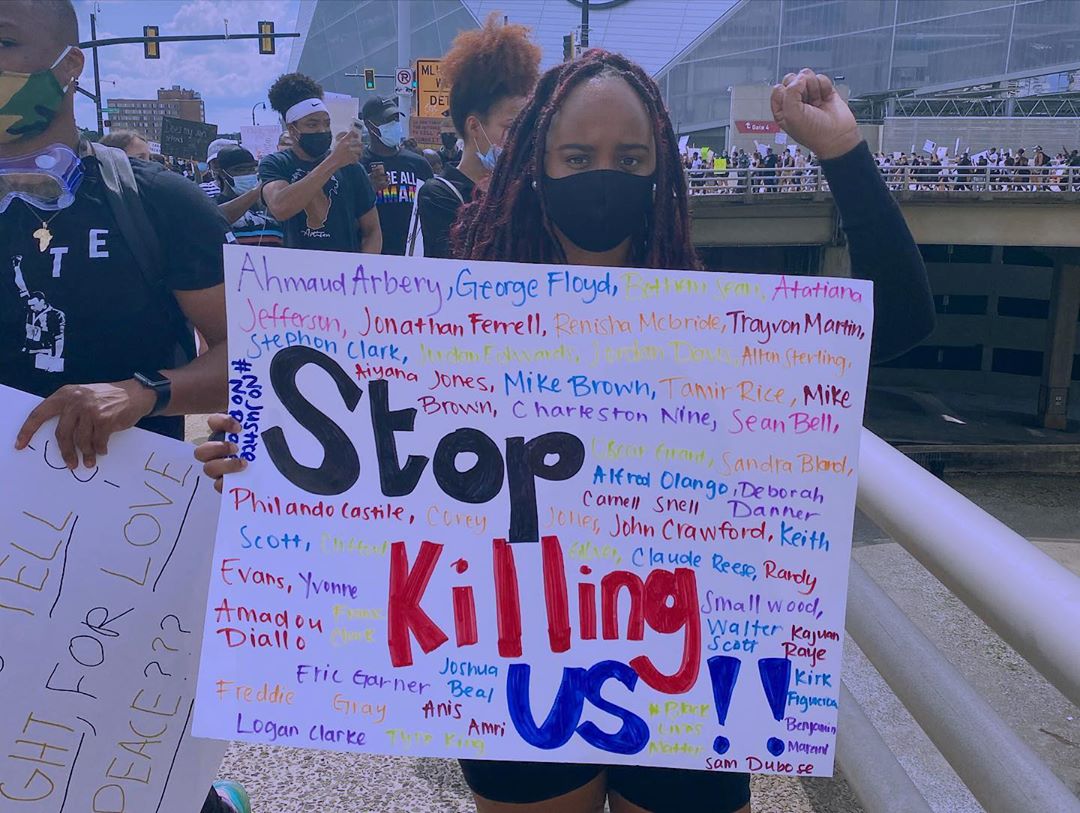
Don’t stop there. What programs are being cut where you live? Youth programs, education programs and public health programs are often the first to go. How much money is allocated for meeting community needs during the pandemic? Is there temporary (or permanent) housing available for unhoused people? Income support? Help for increased healthcare costs?
Understanding your city or county budget is just the beginning. You’ll need to determine who in your community you can partner with on the sustained campaign to defund the police and replace it with community-led investments in true public safety. You will have to be clear about what you value, and ensure that your budgets align with those values.
There is hard work ahead of us. We are reimagining a world not yet seen, learning from each other and our elders as we go. We have to be ready to face the backlash. Yet even still, we must trust Black leadership, and as Mary Hooks from Southerners on New Ground says, be willing to be transformed in the service of the work. The reward will be to live in communities that are safe, where we can all thrive.
Kayla Reed is the Executive Director of Action St. Louis and Ash-Lee Woodard Henderson is Co-Executive Director of Highlander Research and Education Center. They are both leaders with The Movement for Black Lives, a global and national network formed in 2014 to create a shared vision and policy agenda to win rights, recognition, and resources for Black people. In doing so, the movement makes it possible for us, and therefore everyone, to live healthy and fruitful lives.
